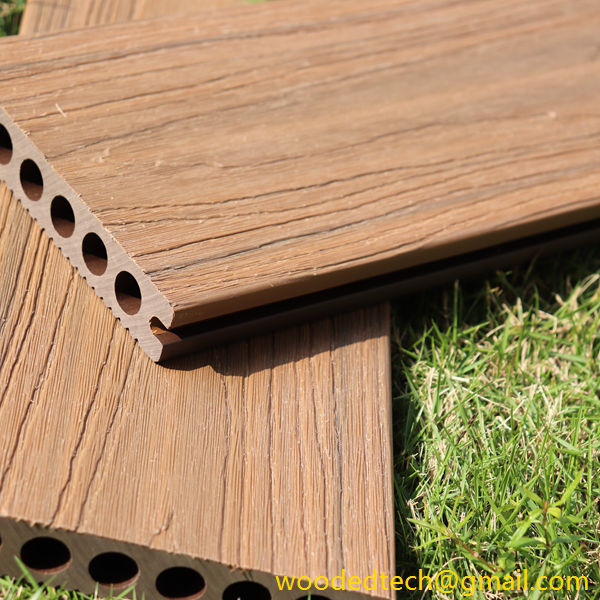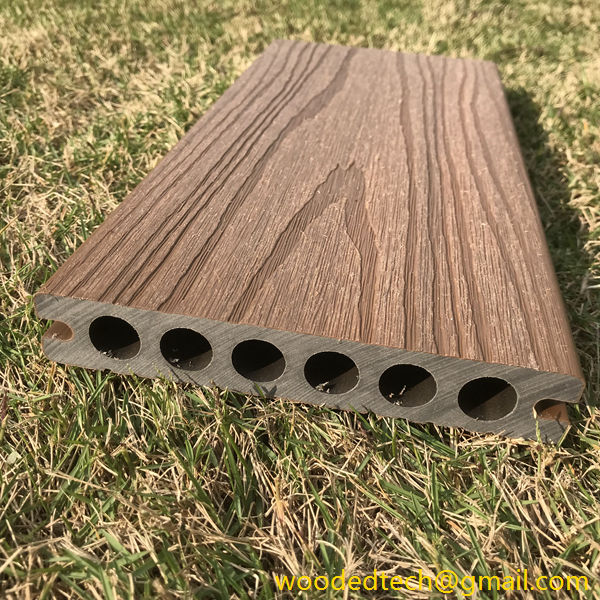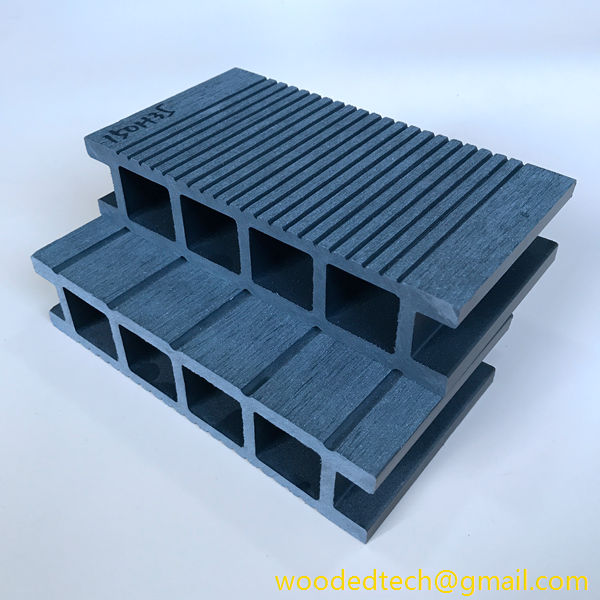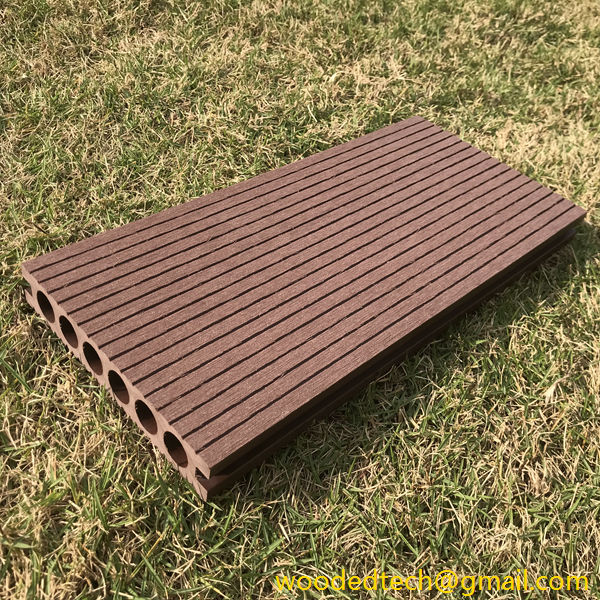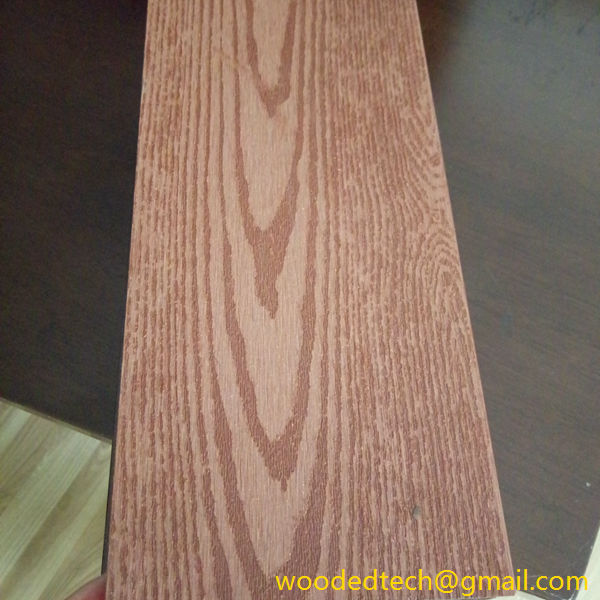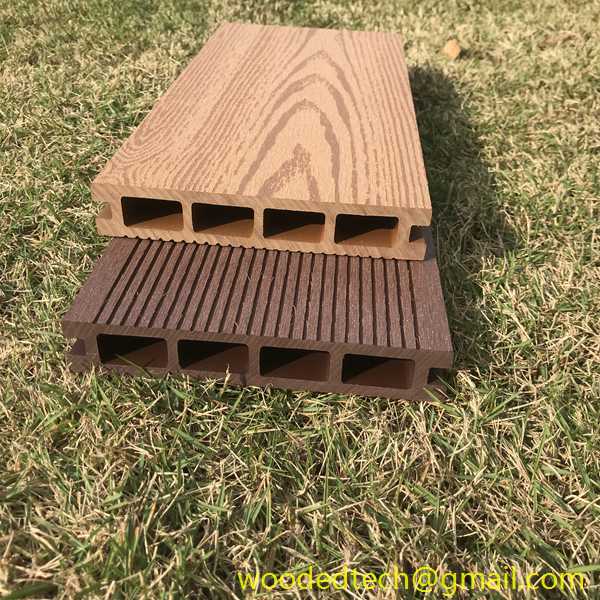The Benefits of Waterproof WPC Flooring for Moisture-Prone Areas
Waterproof wood-plastic composite flooring, commonly referred to as WPC flooring, has gained significant attention in recent years, particularly for its exceptional performance in moisture-prone areas. This innovative flooring solution combines the best properties of both wood and plastic, resulting in a material that is not only aesthetically pleasing but also highly functional. In this article, we will explore the benefits of waterproof WPC flooring from a materials performance perspective, highlighting its durability, resistance to moisture, ease of maintenance, and environmental sustainability.
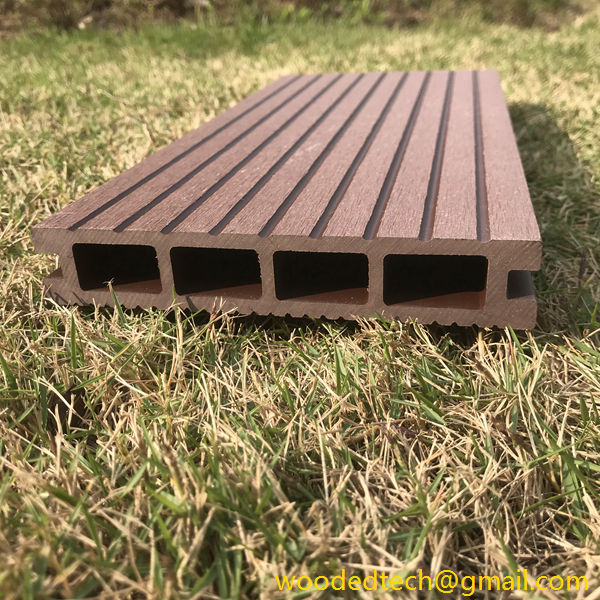
One of the primary advantages of WPC flooring is its remarkable durability. Traditional hardwood flooring can be susceptible to warping, cracking, and other forms of damage when exposed to moisture. In contrast, WPC flooring is engineered to withstand the rigors of high-humidity environments, such as basements, bathrooms, and kitchens. The composite material is designed to resist the effects of water, which means that it will not swell or warp when exposed to moisture. This inherent durability extends the lifespan of the flooring, making it a wise investment for homeowners and commercial property owners alike.
The resistance to moisture is one of the most significant benefits of WPC flooring. The core of WPC is made from a blend of wood fibers and thermoplastic materials, which are combined to create a waterproof barrier. This barrier prevents water from seeping into the flooring, ensuring that it remains intact and visually appealing even in the face of spills, leaks, or humidity. This characteristic is particularly beneficial in areas where water exposure is common, such as near sinks, bathtubs, and entryways. Homeowners can have peace of mind knowing that their flooring will not be easily damaged by everyday moisture.
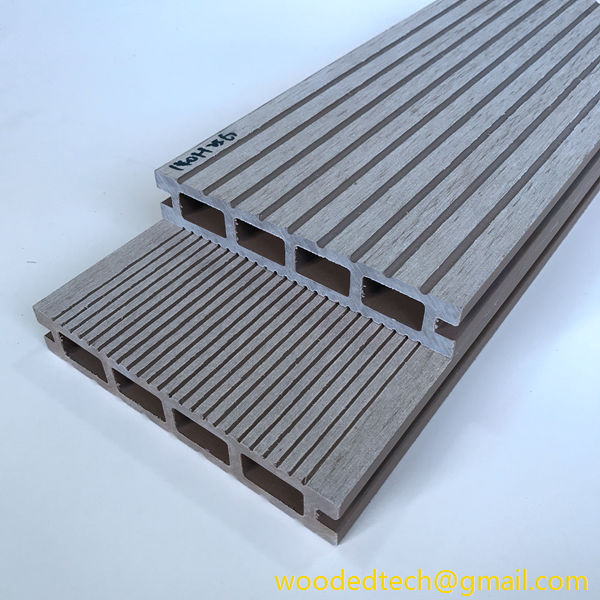
In addition to its moisture-resistant properties, WPC flooring is also known for its ease of maintenance. Traditional hardwood floors often require regular polishing, refinishing, and specialized cleaning products to maintain their appearance. In contrast, WPC flooring is simple to care for. It can be easily cleaned with a damp mop or cloth, and there is no need for harsh chemicals or extensive upkeep. This low maintenance requirement is especially appealing to busy families and commercial spaces where time and resources may be limited. The ability to maintain the flooring with minimal effort allows property owners to focus on other aspects of their living or working environment.
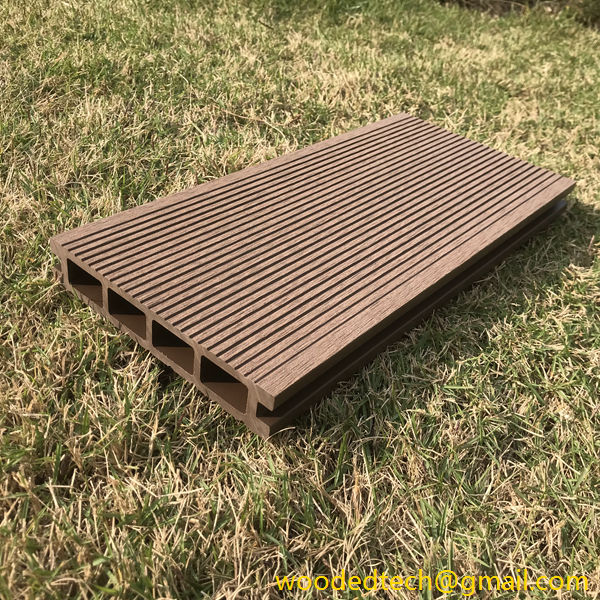
Another important aspect of WPC flooring is its comfort underfoot. Unlike traditional tile or laminate flooring, which can feel cold and hard, WPC flooring offers a softer and warmer feel. This is particularly advantageous in moisture-prone areas, where individuals may be walking barefoot or spending extended periods of time. The cushioning effect of WPC flooring is achieved through its unique construction, which includes a foam backing layer that adds to the overall comfort. This feature makes WPC flooring an ideal choice for households with children or elderly individuals who may require a more forgiving surface to walk on.
From an environmental standpoint, WPC flooring presents several benefits as well. The materials used in the production of WPC are often sourced from recycled wood and plastic, making it a more sustainable option compared to traditional hardwood flooring. By utilizing recycled materials, WPC flooring helps to reduce waste and lessen the demand for virgin resources. Additionally, the manufacturing processes for WPC flooring typically have a lower environmental impact compared to those used for solid hardwood, further enhancing its appeal for eco-conscious consumers.
In conclusion, waterproof WPC flooring is an excellent choice for moisture-prone areas due to its outstanding material properties. Its durability and resistance to moisture make it a long-lasting solution that can withstand the challenges posed by high humidity and water exposure. The ease of maintenance allows property owners to enjoy their flooring without the burden of extensive upkeep, while its comfort underfoot enhances the overall experience of living or working in a space. Furthermore, the environmental benefits associated with WPC flooring make it a responsible choice for those looking to minimize their ecological footprint. As homeowners and property owners seek out flooring solutions that combine style, functionality, and sustainability, waterproof WPC flooring stands out as a compelling option that meets these diverse needs.

